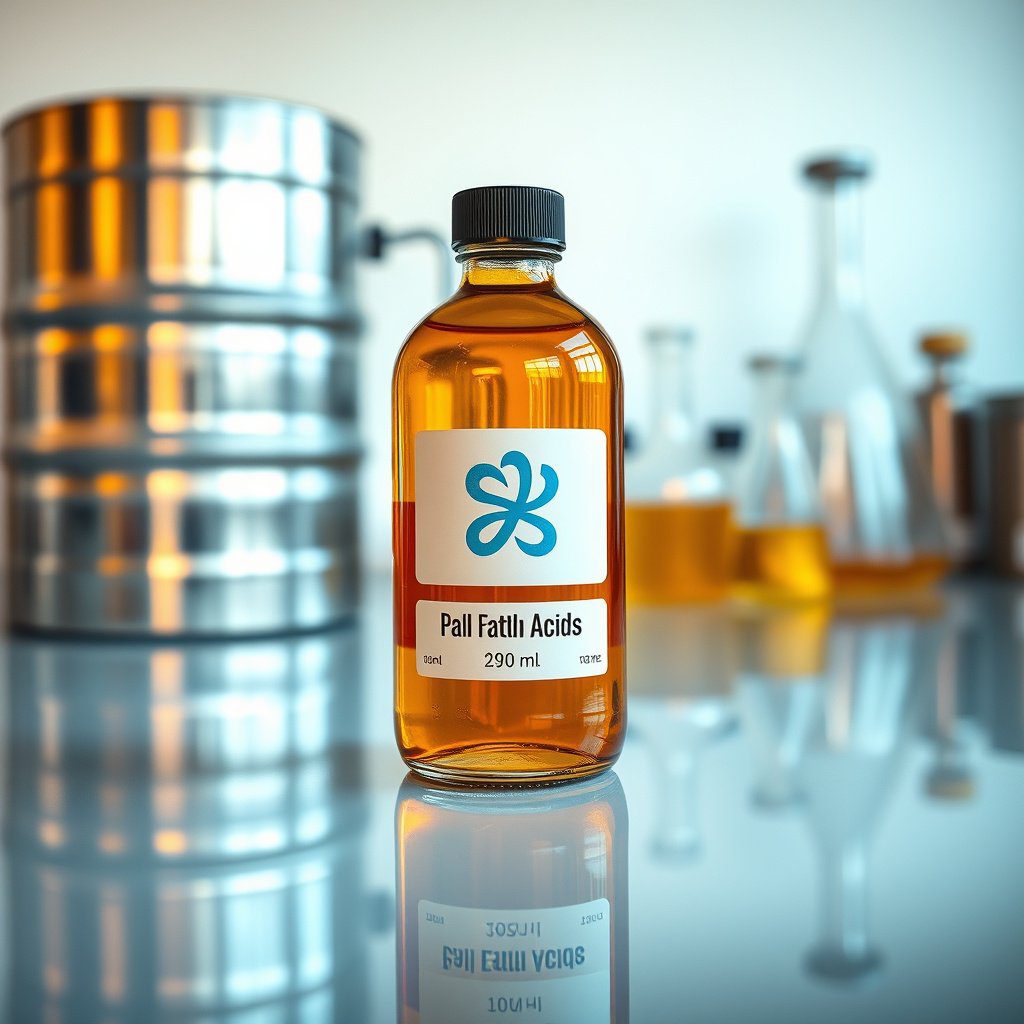What are Glycerin Supply Agreements?
Glycerin supply agreements are formal contracts established between suppliers and buyers to ensure a consistent, reliable, and quality supply of glycerin. These agreements outline the terms and conditions governing the purchase and sale of glycerin, including pricing, delivery schedules, and quality standards. They are vital in the chemical industry, particularly for companies that depend on glycerin for production processes.
Importance of Glycerin in the Chemical Industry
Glycerin, also known as glycerol, is a versatile compound widely used in various applications, including pharmaceuticals, cosmetics, and food products. Its unique properties, such as being a humectant and solvent, make it indispensable. Glycerin supply agreements play a crucial role in ensuring that manufacturers have a steady supply of this essential ingredient, allowing for uninterrupted production and adherence to industry standards.
Key Components of Glycerin Supply Agreements
Every glycerin supply agreement typically includes several key components. These components include the specifications of the glycerin being supplied, the quantity to be delivered, the pricing structure, payment terms, and the duration of the agreement. Additionally, clauses regarding liability, force majeure, and termination are often included to protect the interests of both parties involved.
Quality Assurance in Glycerin Supply Agreements
Quality assurance is a fundamental aspect of glycerin supply agreements. Suppliers must guarantee that the glycerin provided meets specific industry standards and regulations. This is particularly important for companies like Diplomata, which pride themselves on delivering premium glycerin. Regular quality checks and compliance with international standards are essential for maintaining the trust of clients and ensuring product reliability.
Negotiating Glycerin Supply Agreements
Negotiating glycerin supply agreements requires a thorough understanding of market demands and supplier capabilities. Buyers need to assess potential suppliers based on their reliability, quality, and pricing. It’s essential to conduct due diligence to ensure that the supplier can meet the buyer’s requirements consistently. Effective negotiation can lead to favorable terms that benefit both parties.
Supply Chain Considerations in Glycerin Agreements
The supply chain for glycerin involves various stages, from production to delivery. Glycerin supply agreements must consider logistical factors, including transportation methods, lead times, and storage requirements. A well-structured agreement addresses these aspects to minimize disruptions and ensure timely delivery, which is essential for maintaining production schedules.
Legal Implications of Glycerin Supply Agreements
Legal implications are a critical aspect of glycerin supply agreements. Both parties must understand their rights and obligations under the contract. Failure to comply with the terms outlined in the agreement can lead to disputes and potential legal action. It’s advisable for companies to seek legal counsel when drafting or negotiating these agreements to ensure that their interests are adequately protected.
Sustainability and Glycerin Supply Agreements
As global awareness of sustainability increases, glycerin supply agreements are evolving to incorporate sustainable practices. Suppliers are increasingly expected to provide glycerin sourced from sustainable processes. This shift not only benefits the environment but also enhances the reputation of companies like Diplomata, which are committed to ethical sourcing and production practices.
Future Trends in Glycerin Supply Agreements
The future of glycerin supply agreements is likely to be influenced by technological advancements and changing market dynamics. Innovations in glycerin production and supply chain management may lead to more efficient agreements. Furthermore, the growing demand for renewable and bio-based glycerin will shape the terms and conditions of future agreements, ensuring they remain relevant and beneficial in a competitive market.


